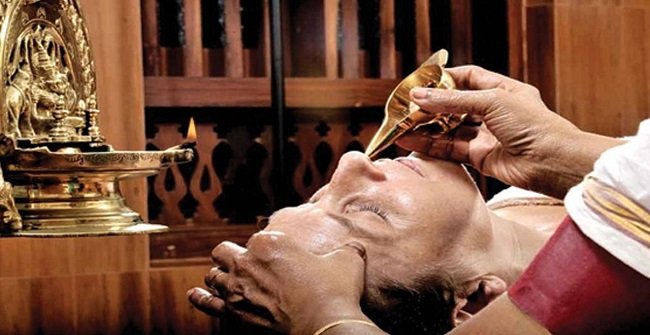A significant milestone in Ayurvedic healthcare has been reported by Sree Subramania Ayurvedic Nursing Home (SSANH), where a rare case of rheumatic fever was effectively managed, offering renewed optimism for patients with this challenging condition.
A Case Revisited
In May 2015, a 27-year-old male presented with chronic joint pain, swelling, stiffness, fever, and breathlessness that had persisted for two years. After thorough evaluation, he was diagnosed with rheumatic fever, a serious post-streptococcal complication known for its rapid and damaging impact. Unlike conventional paths, the patient opted for Ayurveda.
Over the treatment course, both subjective and clinical outcomes improved significantly. Inflammation subsided, pain reduced, joint mobility increased, and the patient’s quality of life rose noticeably—without any adverse effects.
Why This Matters
Although uncommon, rheumatic fever can cause long-term heart damage and mobility restrictions if untreated. This case from SSANH illustrates the potential of Ayurveda as more than just an alternative—it can serve as a complementary approach to modern medicine, particularly for chronic and treatment-resistant conditions.
It also highlights the power of personalized treatment and the growing need for integrative healthcare models. By merging traditional insights with modern research, Ayurveda could become instrumental in treating rheumatic and systemic inflammatory disorders in India and globally.
Holistic Ayurvedic Intervention
Guided by Dr. Sanand Ratnam Thekkayil (CMO) with research oversight by Vasant Patil, the patient underwent a tailored Ayurvedic regimen at SSANH. The treatment included in-house herbal medicines and panchakarma therapies, supported by a dedicated clinical team.
The outcome not only demonstrated the efficacy of Ayurveda in managing rheumatic fever but also reaffirmed its role in providing safe, holistic, and patient-centered care.






